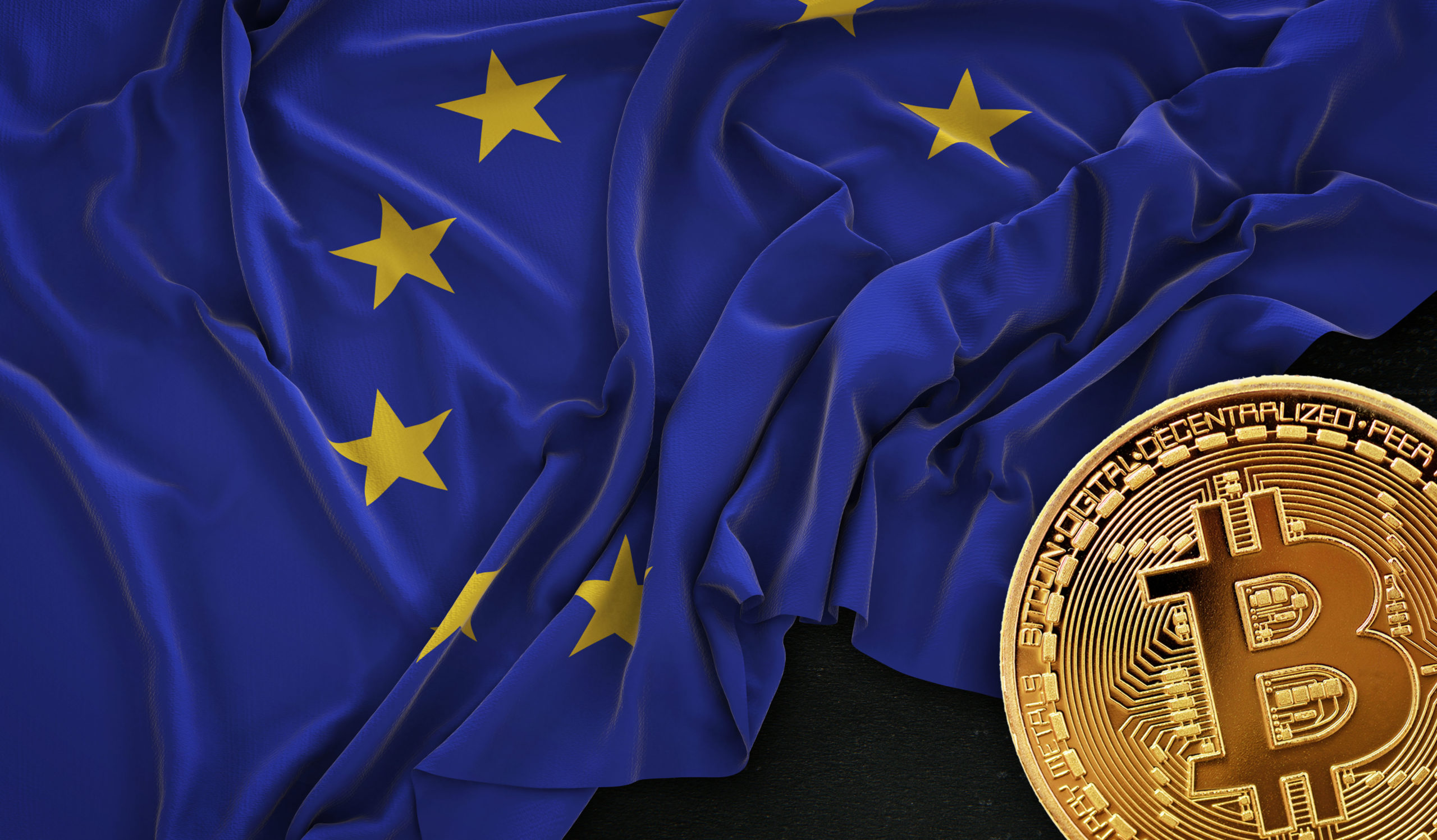Money laundering is still a global problem. A few months ago, the European Union faced a problem with a small branch of a bank in Estonia, part of the multinational banking network Danske Bank.
According to Reuters, the Estonian branch washed more than 200 billion euros between 2007 and 2015, which led to considerable outrage at European-level authorities. The EU has therefore recently proposed the creation of an Anti-Money Laundering / Countering Financing of Terrorism Authority (AMLA) to oversee cross-border companies within the EU.
As Danske Bank promised in April that it would investigate the actions of the Estonian branch as soon as possible, it will currently have to rely on itself and the help of third parties.
Pixabay
The AMLA group, which would deal with precisely such cases, will not be established until about 2026. The group will consist of 250 members, 100 of whom will oversee the most risky companies across the EU.
The operation of the group will cost 45.6 million euros per year. AMLA would have the power to impose sanctions of up to € 10 million, or 10% of the risk company’s annual turnover. The company would therefore take over the function of the European Banking Authority (EBA).
 DON’T OVERLOOK
DON’T OVERLOOK
Cryptomens have their first official victim. The young man was killed by his own computer, which was using bitcoin
The EU wanted to establish uniform rules across all its countries. AMLA will be the bearer of these responsibilities, which will of course be helped by the EU itself. She has already proposed lowering the transaction limit to € 10,000 per transfer.
Goodbye anonymity of cryptocurrencies
Centralization of virtual assets is also an integral part of preventing money laundering. Here portal in another place explains that companies that mediate the transfer of digital currencies must collect and store data on these transactions, precisely in order to prevent the laundering of illegally acquired assets.
The information collected will thus include the name, address, date of birth and account number of the customer of the company arranging the cryptocurrency transfer. The accuracy of the information will also have to be checked by the recipient’s service.

Freepik (editorial edit)
Just as we currently have bank accounts requiring the completeness of the initials, in the future we will also supervise cryptocassets or other custodian repositories.
The completeness and transparency of the transactions will also be overseen by AMLA. However, the establishment of such an organization is currently only available on the tables of the European Commission and the Parliament, and approval and entry into force may take up to two years.















